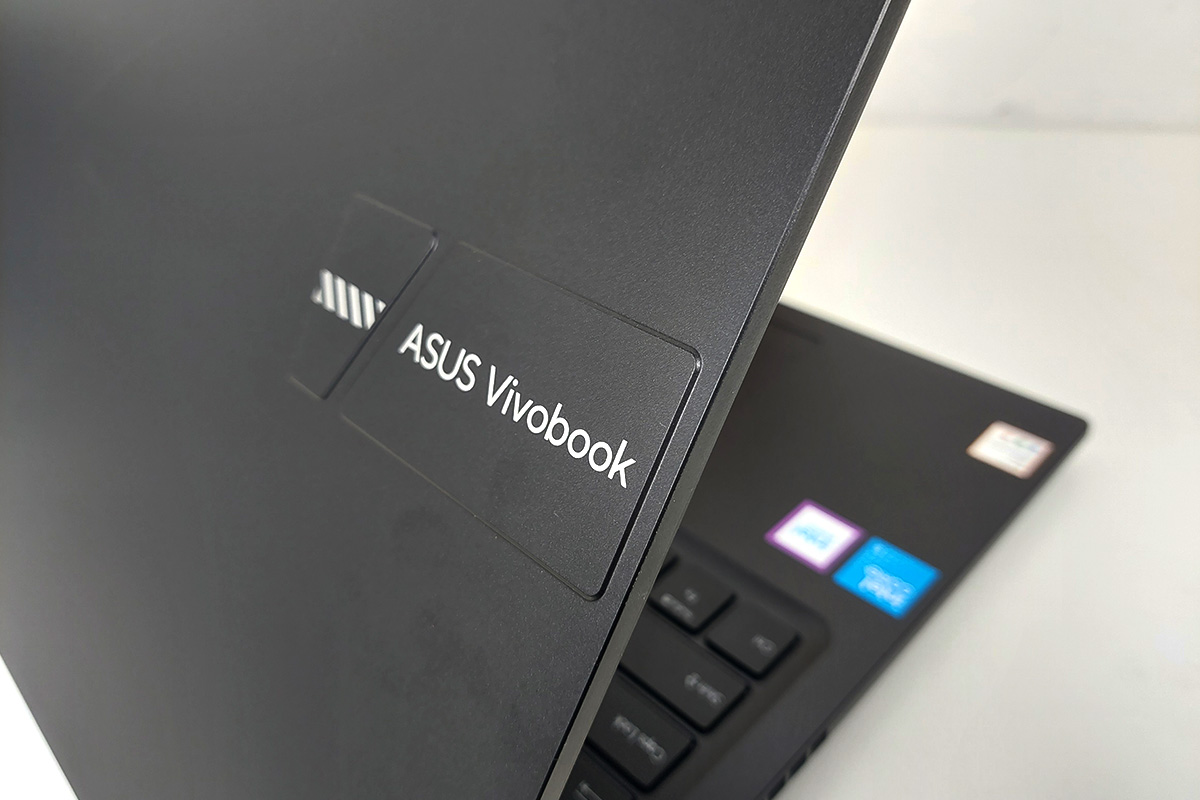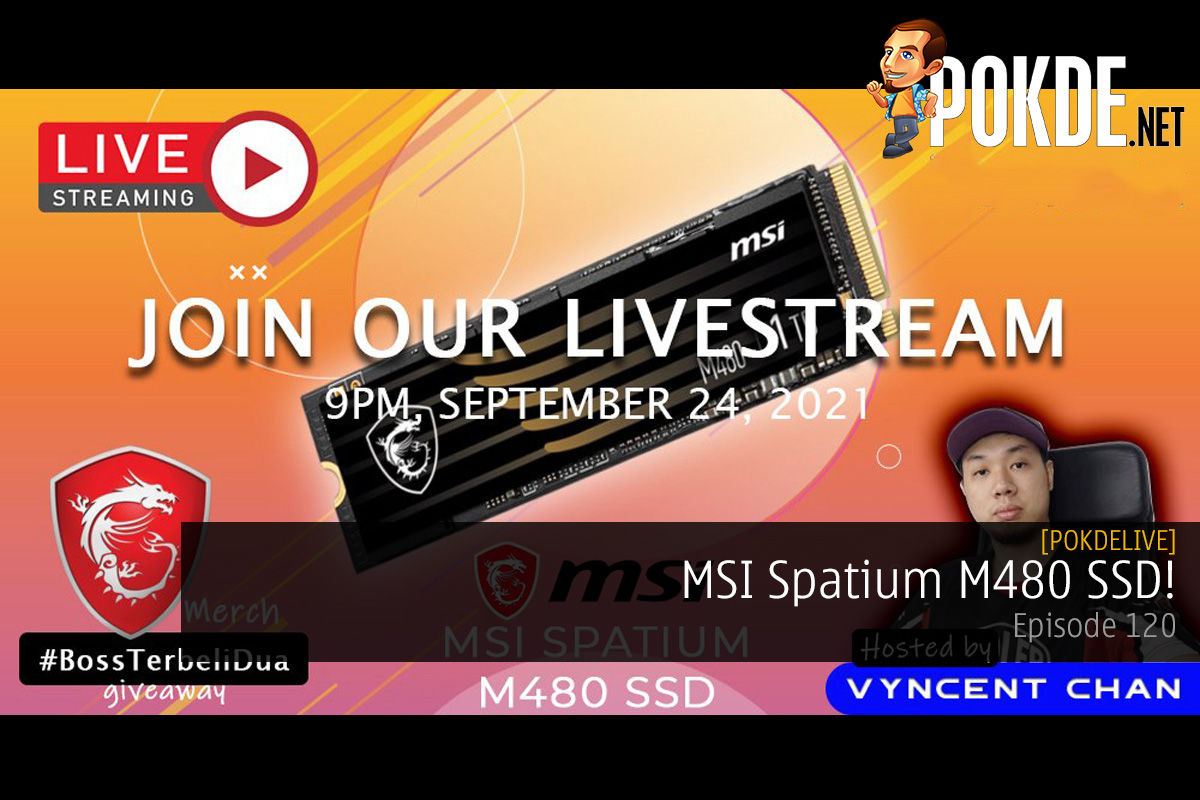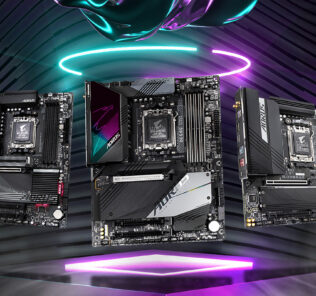Intel Blames Aggressive Motherboard Power Profiles For Recent Core i9 Crashes

Intel Blames Aggressive Motherboard Power Profiles For Recent Core i9 Crashes
Recently, reports of Intel’s flagship 13th Gen and 14th Gen Core i9 processors crashing have garnered attention from various parties, including NVIDIA, various motherboard manufacturers, and Intel itself. Team Green first clarified that the issue has nothing to do with its GPUs (and directed users to Team Blue instead), while motherboard makers are rushing to release workarounds to limit certain VRM parameters to keep the processor in check.
Intel then released an official statement explaining the whole ordeal (which was received by Igor’sLAB). In short, the chipmaker blames motherboard vendors for allowing the CPUs to operate “out of specification” resulting in stability issues, however the exact cause is yet to be determined thus far. A second statement will be released sometime in May 2024 – in the meantime, here’s the statement in full:
Intel® has observed that this issue may be related to out of specification operating conditions resulting in sustained high voltage and frequency during periods of elevated heat.
Analysis of affected processors shows some parts experience shifts in minimum operating voltages which may be related to operation outside of Intel® specified operating conditions.
- While the root cause has not yet been identified, Intel® has observed the majority of reports of this issue are from users with unlocked/overclock capable motherboards.
- Intel® has observed 600/700 Series chipset boards often set BIOS defaults to disable thermal and power delivery safeguards designed to limit processor exposure to sustained periods of high voltage and frequency, for example:
– Disabling Current Excursion Protection (CEP)
– Enabling the IccMax Unlimited bit
– Disabling Thermal Velocity Boost (TVB) and/or Enhanced Thermal Velocity Boost (eTVB)- Additional settings which may increase the risk of system instability:
– Disabling C-states
– Using Windows Ultimate Performance mode
– Increasing PL1 and PL2 beyond Intel® recommended limitsIntel® requests system and motherboard manufacturers to provide end users with a default BIOS profile that matches Intel® recommended settings.
- Intel® strongly recommends customer’s default BIOS settings should ensure operation within Intel’s recommended settings.
- In addition, Intel® strongly recommends motherboard manufacturers to implement warnings for end users alerting them to any unlocked or overclocking feature usage.
Intel® is continuing to actively investigate this issue to determine the root cause and will provide additional updates as relevant information becomes available.
Intel® will be publishing a public statement regarding issue status and Intel® recommended BIOS setting recommendations targeted for May 2024.
However, as Igor’sLAB points out, Intel isn’t entirely innocent of this. The chipmaker has, to some degree, promoted the use of operating the CPU beyond its default limits, including the ICCMax value under its “Extreme Power Delivery” profile. This allows the CPU to draw significantly more amps from the socket without touching the default TDP limits, which is said to improve performance – however, as listed above, motherboard OEMs have entirely disabled this limit which risked pushing the chip too far.
As we’ve seen from ASUS’s workaround in the form of ‘Intel Baseline Profile’, fixing the stability issue will most likely cause performance penalties in multi-core performance. Depending on the chip, cooling, and other factors – the performance loss should be roughly 10% once the default limits such as MTP and ICCMax are enforced as part of this fix. We’ll know more next month when the chipmaker publishes its investigation, so for Core i9 owners out there, keep your CPU in line for now.
Pokdepinion: Intel seems to have pushed its chips too far just to gain an edge against Ryzen – now Team Red’s chips look pretty enticing isn’t it?




















































